During World War II, a shot-down American pilot and a marooned Japanese navy captain find themselves stranded on the same small uninhabited island in the Pacific Ocean. Hell in the […]
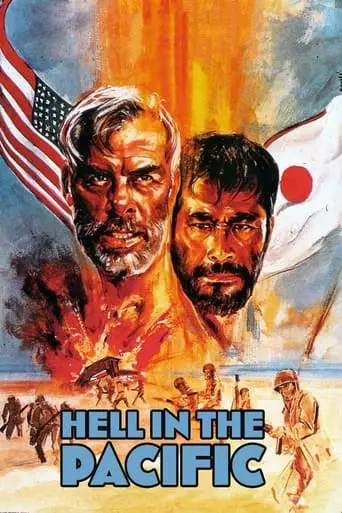
During World War II, a shot-down American pilot and a marooned Japanese navy captain find themselves stranded on the same small uninhabited island in the Pacific Ocean. Hell in the […]
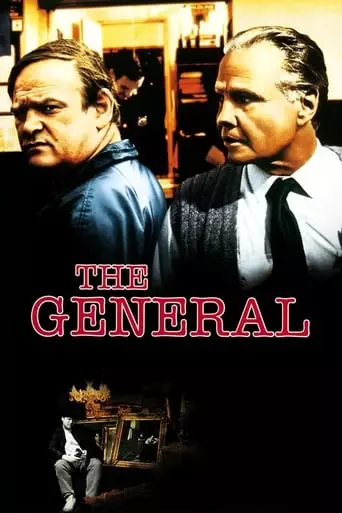
The real-life story of Dublin folk hero and criminal Martin Cahill, who pulled off two daring robberies in Ireland with his team, but attracted unwanted attention from the police, the […]
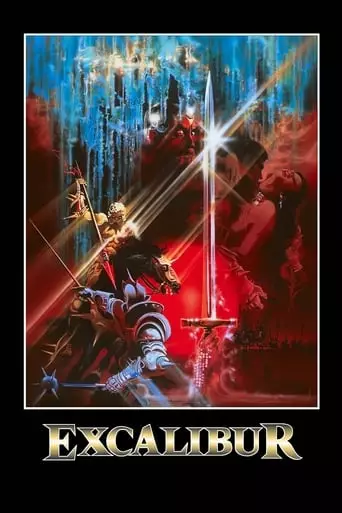
A surreal adaptation of Sir Thomas Malory’s “Le Morte d’Arthur”, chronicling Arthur Pendragon’s conception, his rise to the throne, the search by his Knights of the Round Table for the […]

A middle-aged man recalls his childhood growing up in and around London during World War II.

After being double-crossed and left for dead, a mysterious man named Walker single-mindedly tries to retrieve the rather inconsequential sum of money that was stolen from him.
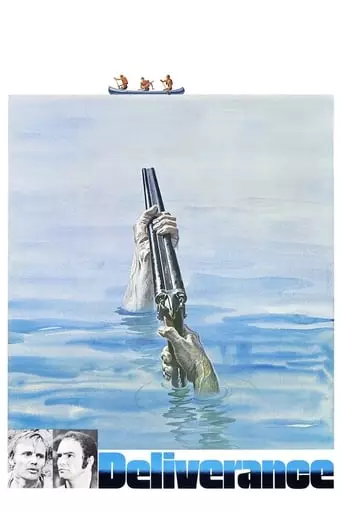
Intent on seeing the Cahulawassee River before it’s turned into one huge lake, outdoor fanatic Lewis Medlock takes his friends on a river-rafting trip they’ll never forget into the dangerous […]
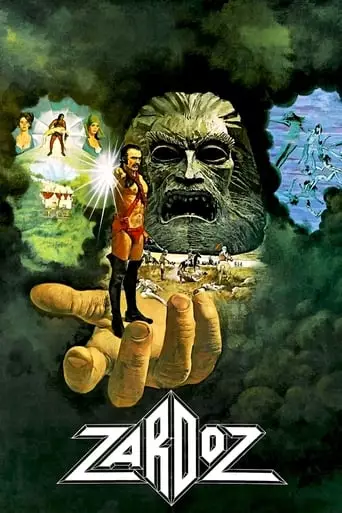
In the far future, a savage trained only to kill finds a way into the community of bored immortals that alone preserves humanity’s achievements.
John Boorman: A Visionary Filmmaker of Myth and Humanity
John Boorman is a distinguished British filmmaker whose career spans over five decades, celebrated for his unique ability to blend myth, mysticism, and human drama. With a filmography that includes iconic works like Deliverance (1972), Excalibur (1981), and The Emerald Forest (1985), Boorman has established himself as a director who is not afraid to tackle ambitious themes with striking visual style. His films often explore the tension between civilization and nature, the primal and the refined, and the individual’s quest for meaning.
Early Life and Career
John Boorman was born on January 18, 1933, in Shepperton, Surrey, England. Growing up during World War II, Boorman experienced the dislocation and challenges of wartime, which later informed the themes of survival and resilience in his films.
After working as a film critic and in television, Boorman transitioned to directing with Catch Us If You Can (1965), a playful, satirical look at 1960s consumer culture starring the Dave Clark Five. The film showcased his early flair for visual storytelling and led to opportunities in Hollywood.
Breakthrough with Point Blank
Boorman’s first major success came with Point Blank (1967), a crime thriller starring Lee Marvin. The film redefined the genre with its nonlinear narrative, stark cinematography, and existential undertones. Point Blank was ahead of its time, influencing countless filmmakers and earning a reputation as one of the greatest neo-noir films ever made.
Iconic Work: Deliverance
In 1972, Boorman directed Deliverance, a harrowing tale of survival in the American wilderness. Starring Jon Voight and Burt Reynolds, the film follows four friends on a canoe trip that descends into a nightmare of violence and moral reckoning.
Deliverance was both a critical and commercial success, earning three Academy Award nominations, including Best Picture and Best Director. Its gripping narrative, haunting banjo score, and unflinching exploration of human vulnerability made it a landmark in American cinema.
Exploration of Myth and Legend
A recurring theme in Boorman’s work is the exploration of myth and legend, often portrayed with grand visual ambition and philosophical depth.
Zardoz (1974): A science fiction film starring Sean Connery, Zardoz delves into themes of immortality, class division, and the collapse of utopian ideals. Despite its polarizing reception, it has since gained a cult following for its audacious storytelling and surreal imagery.
Excalibur (1981): Boorman’s magnum opus, this epic retelling of the Arthurian legend is a visually stunning and deeply atmospheric exploration of heroism, betrayal, and destiny. Excalibur remains one of the definitive cinematic interpretations of the King Arthur mythos.
Environmental and Cultural Themes
Boorman’s films often reflect his fascination with humanity’s relationship to nature and cultural identity:
The Emerald Forest (1985): Inspired by a true story, this film follows a father’s search for his son, who has been abducted by an indigenous Amazonian tribe. The film examines the clash between modernity and indigenous ways of life, earning acclaim for its environmental message and immersive visuals.
Hope and Glory (1987): A semi-autobiographical account of Boorman’s childhood during World War II, this film offers a poignant yet humorous look at wartime resilience and the absurdities of conflict. It was nominated for five Academy Awards, including Best Picture and Best Director.
Later Work and Legacy
In his later career, Boorman continued to explore themes of human nature, myth, and storytelling:
The General (1998): A critically acclaimed biographical film about Irish criminal Martin Cahill, blending dark humor and social commentary.
Queen and Country (2014): A sequel to Hope and Glory, this film revisits Boorman’s semi-autobiographical world, exploring his experiences during military service.
Hallmarks of Boorman’s Style
Boorman’s films are characterized by their lush cinematography, thematic ambition, and a willingness to blend the mystical with the real. His visual storytelling often emphasizes the interplay between light and shadow, reflecting the dualities within his narratives.
Boorman’s work frequently grapples with humanity’s primal instincts versus the constraints of civilization, offering audiences a philosophical lens through which to view his characters’ journeys.
Influence and Recognition
John Boorman’s impact on cinema is profound. His willingness to take creative risks and tackle complex themes has earned him a devoted following among cinephiles and filmmakers alike.
Boorman has received numerous accolades throughout his career, including lifetime achievement awards from prestigious organizations like the British Academy of Film and Television Arts (BAFTA). His contributions to film have cemented his legacy as a visionary director whose work continues to inspire and challenge audiences.
Conclusion
John Boorman’s career is a testament to his ability to weave myth, humanity, and striking visuals into compelling stories. From the visceral survival drama of Deliverance to the legendary grandeur of Excalibur, his films resonate with audiences on a deeply emotional and intellectual level. Boorman’s legacy as a cinematic auteur is defined by his courage to push boundaries and his unwavering commitment to exploring the complexities of the human experience.